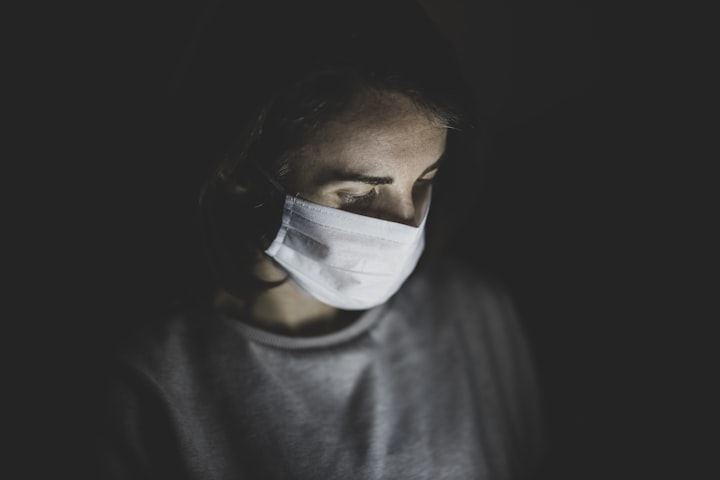There are 3 types of COVID-19 tests on the market - which one is the best?
How do they work, and how can you access them?

With a 90% effective vaccine on the horizon, there may finally be an end in sight for the coronavirus pandemic. But the vaccine still has a number or safety and logistical hurdles it needs to clear, with the elderly and vulnerable at the front of the queue. Until the vaccine becomes widely available, routine testing has never been more important. With that in mind, let's take a look at the coronavirus testing options currently available.
Note that this article is aimed a UK audience.
Testing through the NHS
If you are currently experiencing symptoms of COVID-19, you should get tested for free at an NHS testing centre. The main symptoms to look our for are:
- A high temperature – this means you feel hot to touch on your chest or back (you do not need to measure your temperature)
- A new, continuous cough – this means coughing a lot for more than an hour, or 3 or more coughing episodes in 24 hours (if you usually have a cough, it may be worse than usual)
- A loss or change to your sense of smell or taste – this means you've noticed you cannot smell or taste anything, or things smell or taste different to normal
The information above is taken from the NHS website. A person with coronavirus will experience at least one of these symptoms.
Testing from the NHS is provided for free, but you should only book a test if you are currently experiencing symptoms. You should not book an NHS test simply for peace of mind or to clear yourself for international travel. For this, you will have to order a private COVID test. There are 3 main tests currently available.
PCR Test
A PCR (Polymerase Chain Reaction) test, also referred to as a 'swab' test, is a widely used testing method which is currently employed by the NHS. A large cotton swab is used to take a sample from the back of the nostrils and the back of the throat. The sample has to be sent away to a laboratory for testing. Test results are usually sent by SMS or email.
PCR tests can be ordered by private individuals or companies wishing to test their staff. PCR testing is often used to provide a COVID fit-to-fly certificate.
Pros:
- Very reliable & accurate
- Can be purchased privately
Cons:
- Results can take several days
- Nasal & throat swabs can be uncomfortable
Antibody Test
Unlike PCR testing, a coronavirus antibody test does not require an unpleasant nose & throat swab. Instead, the patient just needs to provide a drop of blood using a finger prick device. The small blood sample is mixed with a buffer fluid and placed onto the testing device (which looks a little bit like a pregnancy test). The positive or negative result is displayed in around 15 minutes.
This test can reveal a current or previous COVID infection, by detecting different kinds of antibodies.
At present, antibody tests are only licenced for professional and business use - so you won't be able to buy one for your own private use at home. They are ideal for mass testing in workplaces or hospitals.
Pros:
- Very quick results
- Can detect a previous infection
- No uncomfortable swabs needed
Cons:
- Only licenced for business use
Rapid Antigen Test
A COVID-19 antigen test works in a very similar way to a PCR test. The big difference is that the results are displayed within 15 minutes, with no need to send samples off to a lab. You may have heard about these tests in the news, being described as "rapid turnaround tests" or "instant tests".
Antigen tests are only licenced for business & professional use.
Pros:
- Fast results
Cons:
- Uncomfortable nasal & throat swabs are needed
For more information about COVID testing
You can find all kinds of information and advice about symptoms and testing on the NHS website. See https://www.nhs.uk/conditions/coronavirus-covid-19/
You can find the latest government guidance and local restrictions at https://www.gov.uk/coronavirus
About the Creator
Dave Smith
Science man.






Comments
There are no comments for this story
Be the first to respond and start the conversation.